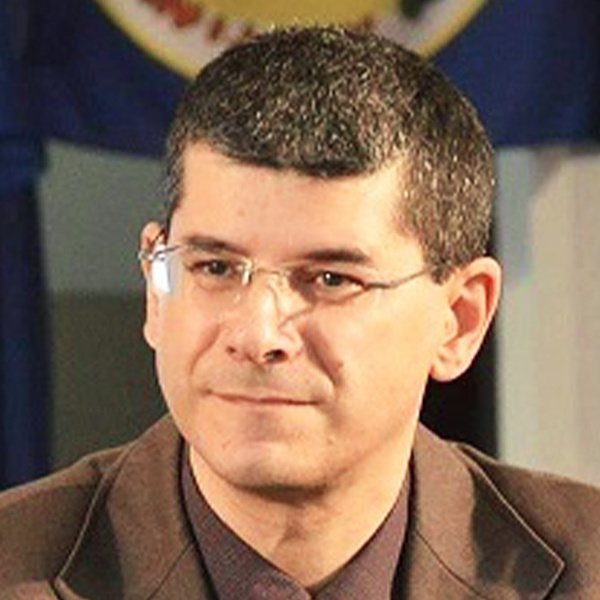Organised crime has evolved immeasurably over the past 20 years.
After the era of the Palermo anti-mafia pool and the maxi-trial in the 1980s, we have witnessed an exponentially growing curve in the number of criminal organisations.
Their modus operandi has also changed. We have been able to see how the new mafias use modern technology and have increased their ability to infiltrate infrastructures and the public sector by making the most of the often unsuitable laws to fight them at a transnational level.
These aspects emerge from the studies and research of many European and international institutes that analyse organised crime and its evolution (see, for example, the Strategic Hub for Organised Crime Research (SHOC) at the Royal United Services Institute in London).
It is impossible today to isolate mafia criminal activities only in a specific territory. When we talk about the Sicilian, Calabrian or Campanian mafia, we only indicate its origin but no longer its territorial extension. To understand the new organised crime it is necessary to have a complete picture that cannot fail to take into consideration the ties and connections on a global level.
The mafia criminal networks all operate beyond borders and must be studied and fought at that level. The cross-border nature of organised crime is increasingly less linked to violence and increasingly linked to corruption.
The expansion of drug trafficking and related crime markets, such as money laundering, are the primary source of income for modern mafias and will be the challenge facing the next generation.
In many parts of the world, the new mafias have become as powerful as national governments. They have criminal contacts at all levels (political, economic, financial, social), so they have become entities to be studied at a geopolitical level.
I have always supported the project for the creation of a global platform for the exchange of research and study experiences in the field of prevention and fight against organised crime. Exchanging assessments on the risks, challenges and developments of current and emerging criminal groups would further help existing anti-mafia organisations.
Urgent issues such as the rise of new psychoactive substances, record drug levels around the world, organised smuggling of migrants and the development of online crime will need to be studied and addressed. These aspects will have a profound effect on the global criminal landscape in the years to come.
In my opinion, the continuous evolution of organised crime will lead us to pay particular attention to specific sectors such as robotics and artificial intelligence. We will have to focus on organised crime, seeing it as a serious threat to world security.
High-level organised criminal groups will need to be addressed by developing more effective initiatives at European and international cooperation level. Greater attention will have to be given to economic and financial crime and the confiscation of assets resulting from crime.
New bodies such as the European Centre for Financial and Economic Crime (EFECC) at Europol and the European Public Prosecutor’s Office (EPPO) need to be strengthened considerably.
The creation of a European Anti-Mafia Prosecutor should be one of the immediate responses to the internationalisation of the mafia. Organised crime has globalised well before the individual states, so among its many difficulties in the years to come we will also have this problem.
It will also be essential to create a system of common incriminating rules with homogeneous sanctions. The laws of individual member states will be able to draw many ideas from the Italian experience.
Cooperation should also include a greater flow of information between the police and the private sector, at national, European and international levels. It will be essential to provide greater investment in crime prevention, which requires a multidisciplinary approach that also involves government bodies, NGOs and civil associations.
The need for a comprehensive strategy to combat transnational organised crime can no longer be postponed. The recipe for trying to defeat these new mafias on a global level is to make a common front as soon as possible because they have globalised and fortified economically while the contrast put in place only by a single state is now in vain.
This article is a speech delivered on 21 December at the Strategic Hub for Organised Crime Research (SHOC) in London. Vincenzo Musacchio is a jurist, professor of criminal law and criminology in various Italian and foreign universities. He is associated with the Rutgers Institute on Anti-Corruption Studies (RIACS) in Newark (US) and a researcher at the High School of Strategic Studies on Organised Crime of the Royal United Services Institute in London. He is also a disciple of Giuliano Vassalli, and a pupil and friend of Antonino Caponnetto.









One Response
the italian laws is the most enforced in the wolrld for combating mafia’s and associates, the outer nations have to rise the level for fighting criminals. and not to downgrade the level of italiaiin rules and works.